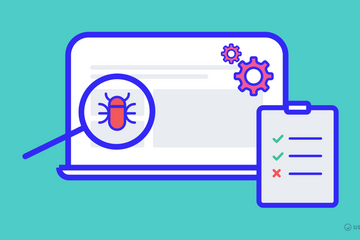We found 195 results that contain "super admin"
Posted on: Additionally added

Disciplinary Content
What is Attention Deficit Hyperactivity Disorder?
Authored by:
Admin

Posted on: 9 Proven Time Management Techniques and Tools | USAHS

Navigating Context
Poor Listening Skills
Authored by:
Chathuri Super admin

Posted on: Heart Health

Disciplinary Content
Heart health
Authored by:
Chathuri Super admin

Posted on: Nutrition -- Edited...

Justice and Belonging
Nutrition -- Edited
Authored by:
Chathuri Super admin

Posted on: #iteachmsu

Navigating Context
Should you take a daily supplement?
Authored by:
Chathuri Super admin..

Posted on: #iteachmsu

Justice and Belonging
Smoke test
Authored by:
Chathuri Super admin..
Posted on: #iteachmsu

Navigating Context
Test
Authored by:
Chathuri Super admin..
Posted on: #iteachmsu

By super admin: History of Agile
Authored by:
Chathuri Super admin..
Posted on 1: #iteachmsu

By super admin: History of Agile
Authored by:
Chathuri Super admin..
